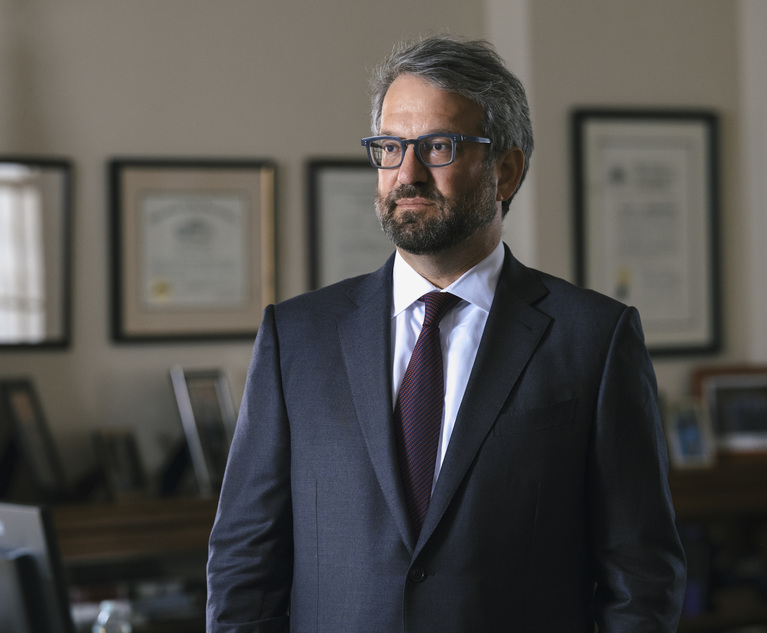Forensic science, like many other fields, is beginning to see the potential impact of computer processing on its standard methodologies. But questions loom about the viability and strength of these methods in making finite determinations, especially when the freedom of criminal defendants is on the line.
Speakers at Friday’s 2018 Georgia State Law Review Symposium, titled “From the Crime Scene to the Courtroom: The Future of Forensic Science Reform,” sought to address some of the ways in which technological advances have helped debunk old forensic science and created new challenges for criminal lawyers. One of the symposium’s panels, “Technological Advancements in Forensic Science,” considered the potential benefits and ongoing concerns around applying advanced computing methods to DNA forensics used in criminal evidence.


 Georgia State University College of Law
Georgia State University College of Law





